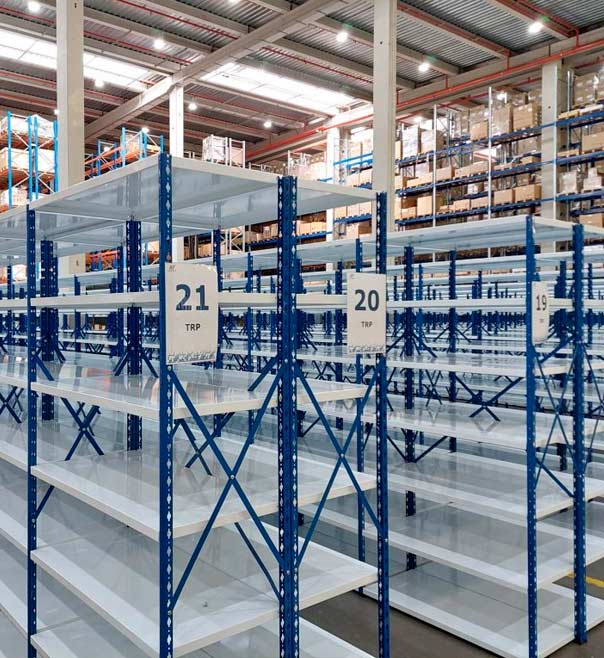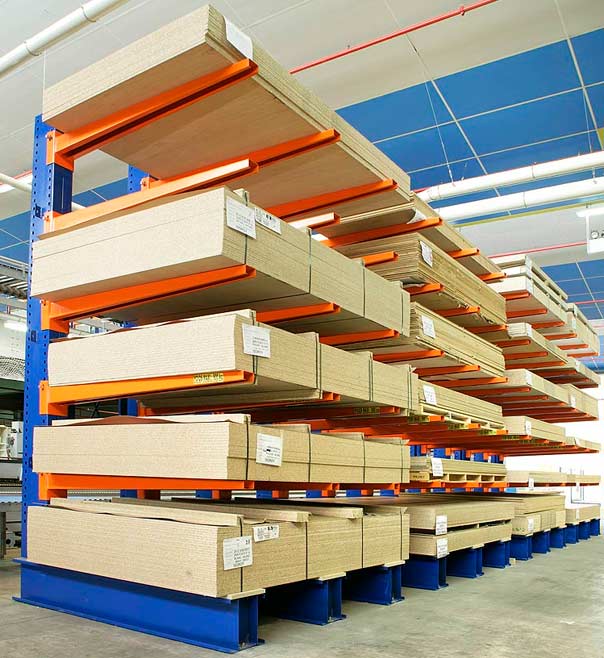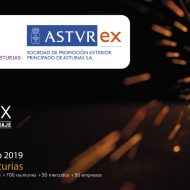First was the replacement of forklifts with thermal engines by electric motors, which reduced energy expenditure and polluting emissions in the Palatinate warehouses.
Now, the new trend is to replace acid batteries with hydrogen fuel cells. Although in the US forklifts powered by hydrogen are more popular, the project “European demonstration of hydrogen powered fuel cell material handling vehicles” funded by the European Union, and which will end in December 2013, having lasted two years, demonstrates interest in adopting widely this technology.
Conventional batteries have the disadvantage of a shorter autonomy and a long recharge time. Although the most modern trucks offer significant improvements in both features, they still represent a significant limitation, especially in warehouses and distribution centers that have to operate 24 hours a day.
Hydrogen fuel cells, on the other hand, offer greater autonomy and recharge times that can even be less than 3 minutes.
But to this we must add additional advantages such as a longer useful life and a performance that is not affected by low temperatures, a drawback offered by conventional batteries and which is especially important in refrigerated warehouses.
It is foreseeable that during the next few years many of the forklifts will be powered by hydrogen, a cleaner energy whose only emissions are heat and water, and are not built with highly polluting components such as lead acid batteries.










































































